Society influences young adult thinking, poses its own risk

Stripping down to his underclothes a boy sighs as he sits on the cold cement floor of his living quarters. Shaking off the dust on his ragged and torn work clothes, he mentally escapes to his memories of being free that now seem so far away. Lying down, his head hits the pavement as a spider explores his cramped quarters in the dead of night. Tired of the long working day he just had and tired of thinking about the next, he cries himself to sleep singing a lullaby in language that his master will never understand.
From forced labor in hidden cannabis farms to unwilliingly serving as a sex worker, modern day slavery abounds in different forms throughout the world. These manipulations even impact the everyday lives of ordinary people and the way they think.
With the UN’s International Labor Organization estimating in 2016 that around 40.3 million people around the world are held in some form of slavery, victims appear on an international and local basis.
Although Abraham Lincoln’s Emancipation Proclamation of 1863 freed African American bondage in the US, the issue of slavery still remains to this day. Currently, around three times the amount of people are enslaved than in the 15th and 16th centuries.
Although the US is classified with a lower prevalence of modern day slavery by the Global Slavery Index (GSI) and Walk Free Foundation in 2016, 400,300 victims remained enslaved at any time in the same year.
Slowly but surely, human trafficking has started to replace drugs as a main soure of income for many gangs. Globally, forced labor accrues over $150 billion in profits annually, the majority coming from Asia-Pacific region.
Organizations like Agape International Missions (AIM) focus their resources in Cambodia, currently dealing with over 260,000 exploited individuals. AIM addresses sex trafficking, organ trafficking, baby trafficking, international bride trafficking, labor trafficking, domestic slavery and more on a daily basis.
Besides human trafficking and physical enslavement, students and adults everywhere suffer from the materialistic, online and mental shackles of the day. As Generation Z turns to social media and online platforms to feel connected, they become slaves to their devices.
The following tweet from The Guardian features an article highlighting the issue and impact of modern day slavery.
Cannabis farms and nail bars: the hidden world of human trafficking – podcast https://t.co/FR1lO8auNl
— The Guardian (@guardian) November 1, 2019
What begins as a form of communication evolves into a constant necessity to respond to messages and notifications. An in-person encounter pales in comparison to a like, comment or retweet in this modern age.
Other mental chains include materialistic desires. Teens feel the need to have the newest phone, the best looking clothes or the shiniest car. Having wants is not a bad thing, but as these longings turn into a craving for more, the discontent enslaves consumers.
Just as humans are kidnapped and trafficked outside of the limelight, many of the practices that enslave youth today are done in the dark. From the shows we watch to the music we listen to, young adult brains are captured by the influences in life.
Often times the unrecognized manipulations in society cause us to think and act differently. Those who fall prey to these situations often struggle to break free from them, similar to human trafficking.

From the way nicotine changes your brain and your body’s wants to the simple inability to put down a phone, people of all ages become slaves to their own negative habits and thinking. As teens and adults start to recognize these detrimental tendencies, they often look for ways to break free.
Those looking to quit a habit often seek help from outside sources. Confiding in a trusted friend provides an opportunity for accountability and someone to help with the journey of overcoming. Finding distractions or hobbies to focus on possibly helps the brain divert attention away from negative influences.
If you are looking to overcome struggles in your life, contact SAMHSA’s National Helpline: 1-800-662-HELP (4357). The helpline can refer you to those able to help you on a more personal level in your area.
If you feel you could be a victim of human trafficking, contact the National Human Trafficking Hotline: +1 (888) 373-7888.
For another editorial, read EDITORIAL: Students impact public discussion, face attacks.
For more articles, read BREAKING: Four campus tennis girls advance to playoffs, Nov. 1 or Book Review: Indianapolis.









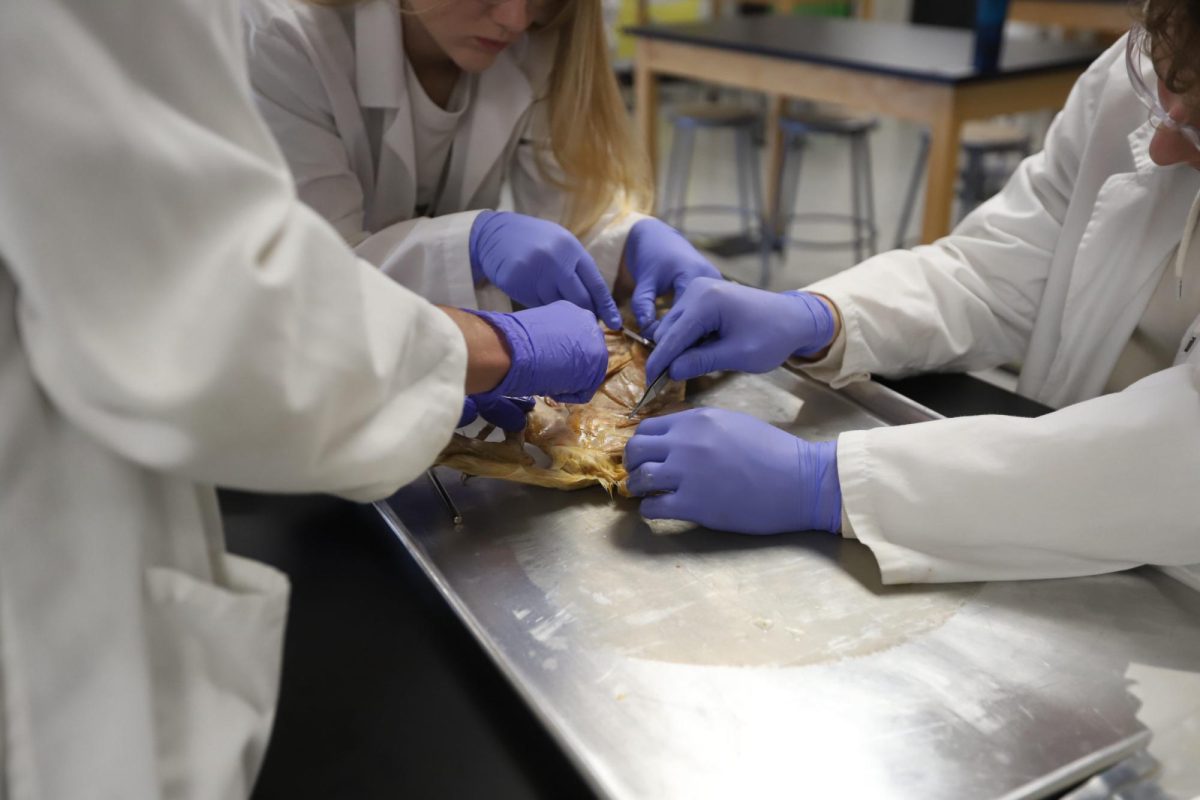
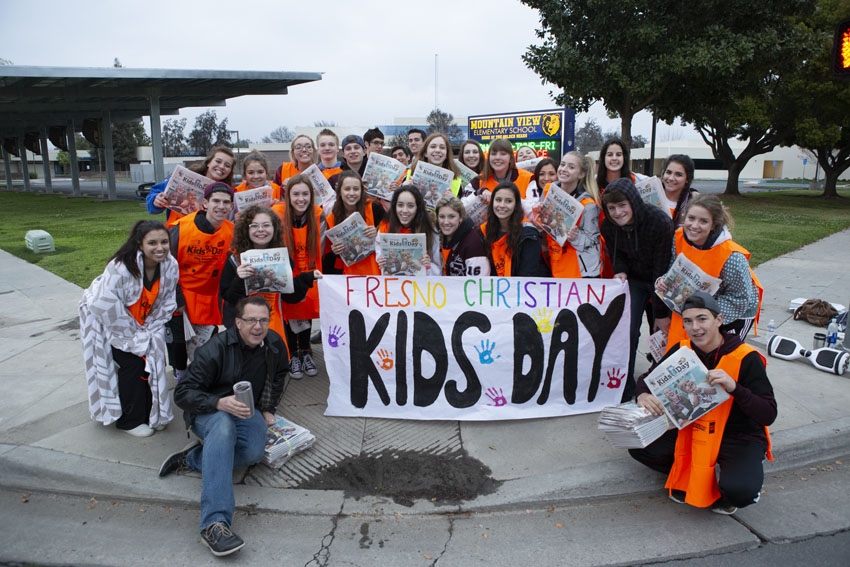
![[Video] 100th CSPA Spring Journalism Conference](https://thefeather.com/wp-content/uploads/2024/04/20240308-cspa-crown-002.jpg)
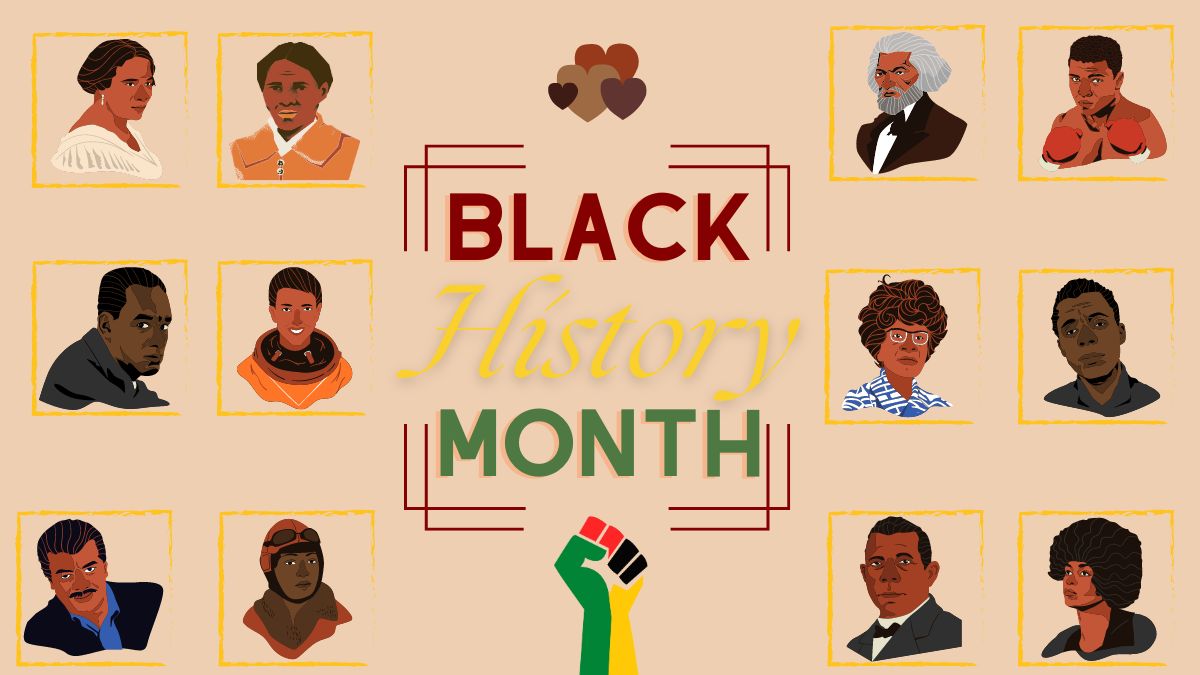



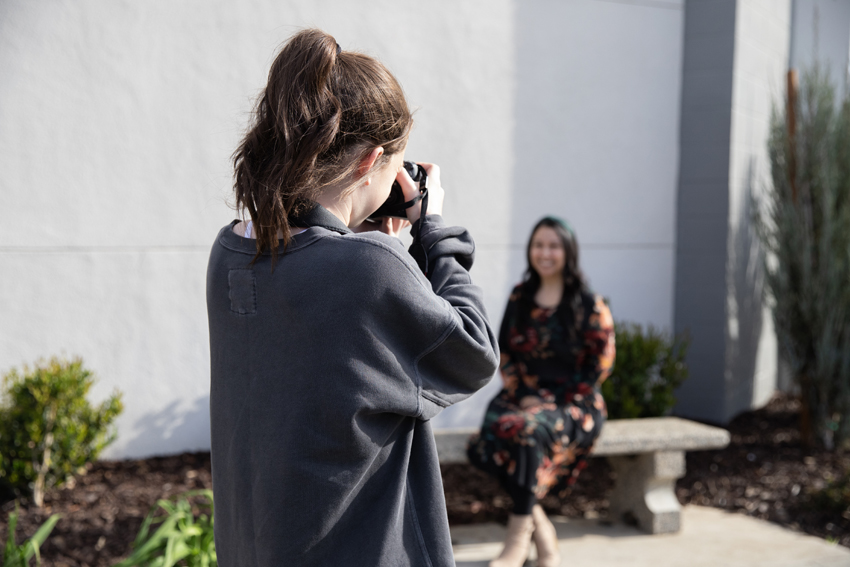
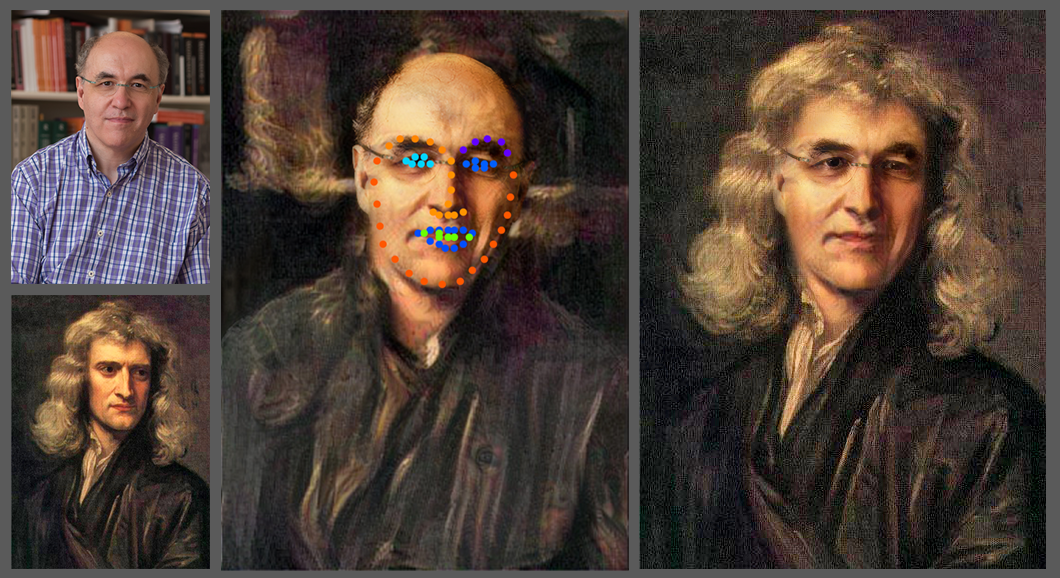
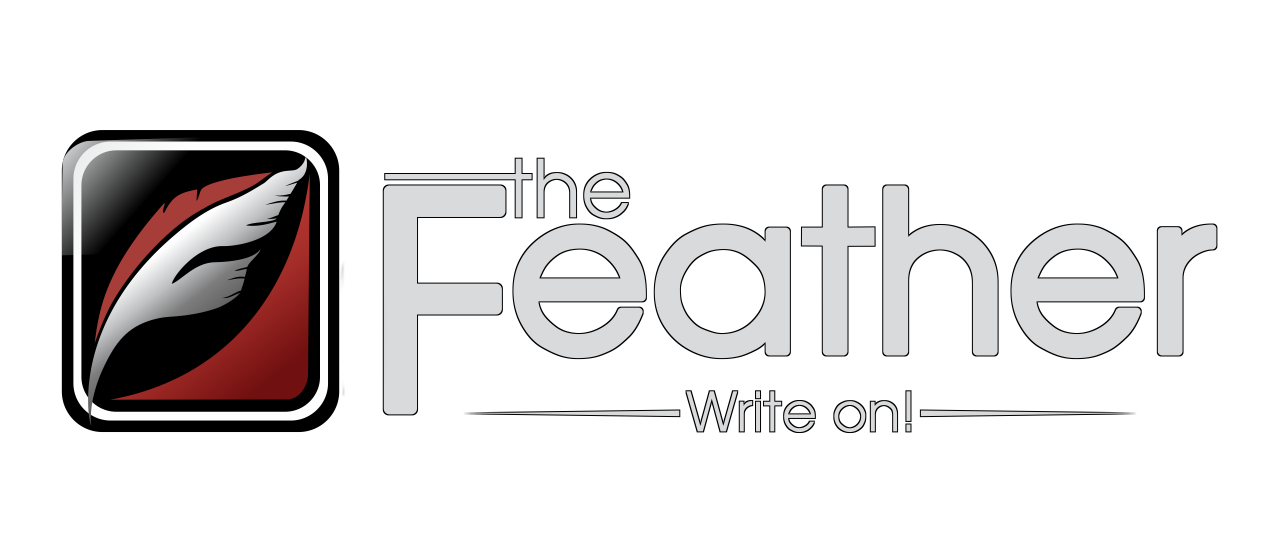

Shirley Zhao • Nov 8, 2019 at 8:14 am
That’s a good painting! I like it.
Sam Swearengin • Nov 1, 2019 at 12:16 pm
Great Article
Laura Rauscher • Nov 1, 2019 at 9:16 am
What a great article.